Germany Gfk consumer confidence rose 0.4 to 10.8 in February, above expectation of 10.3. Gfk noted that rising income prospects and an increasing propensity to buy mean that the consumer climate is improving once more. This is further reinforced by a decrease in propensity to save in January.
Rolf Bürkl, GfK Consumer Expert, explains, “For the whole of 2019, GfK is predicting real growth in private consumer spending in Germany of 1.5 percent. The key pillars for the consumer economy will above all be the expected positive trend on the labor market coupled with positive income expectations. However, this is based on there being no significant growth in German consumers’ uncertainty about the economy. For example, if there were an escalation in the trade dispute, putting further strain on export prospects, this would be a bad sign for the export nation of Germany. If this were to again increase workers’ fears of job losses, it would have an adverse impact on the consumer climate, jeopardizing the forecast.”

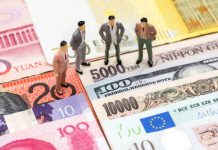


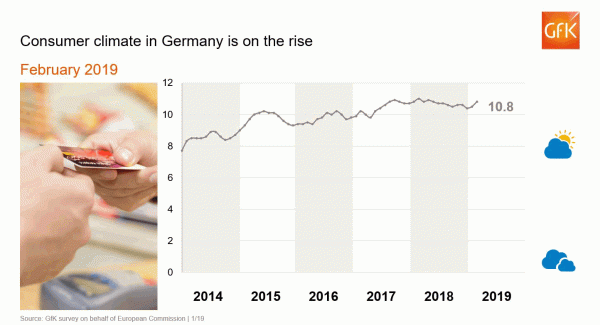
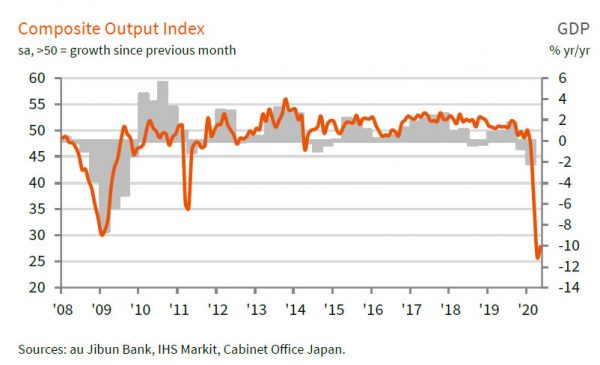
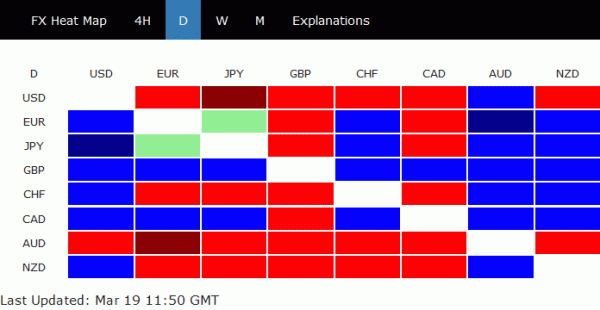
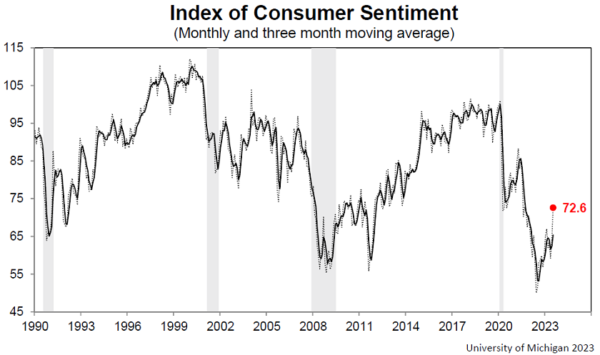


Eurozone Sentix investor confidence: Growth forces weakening dangerously quickly and strongly
Eurozone Sentix Investor Confidence dropped to -3.7 in February, down from -1.5 and missed expectation of -1.1. That’s the sixth decline in a row and the lowest level since November 2014. Current situation index dropped to 10.8, down from 18.0. That’s also the sixth decline in a row and lowest since December 2016. Expectations index, however, improved from -19.3 to -17.3.
Sentix noted that “the bad news for the economy in Euroland is not abating.” And, “at the current edge the growth forces seem to be weakening dangerously quickly and strongly.” The main reason for the development was likely the approaching Brexit. And, “The economy now has to deal with the contingency plans in view of the unresolved political situation. Many companies exposed to UK-EU trade are currently not aiming for growth; they would probably be satisfied with stable business in the coming months.”
Full release here.